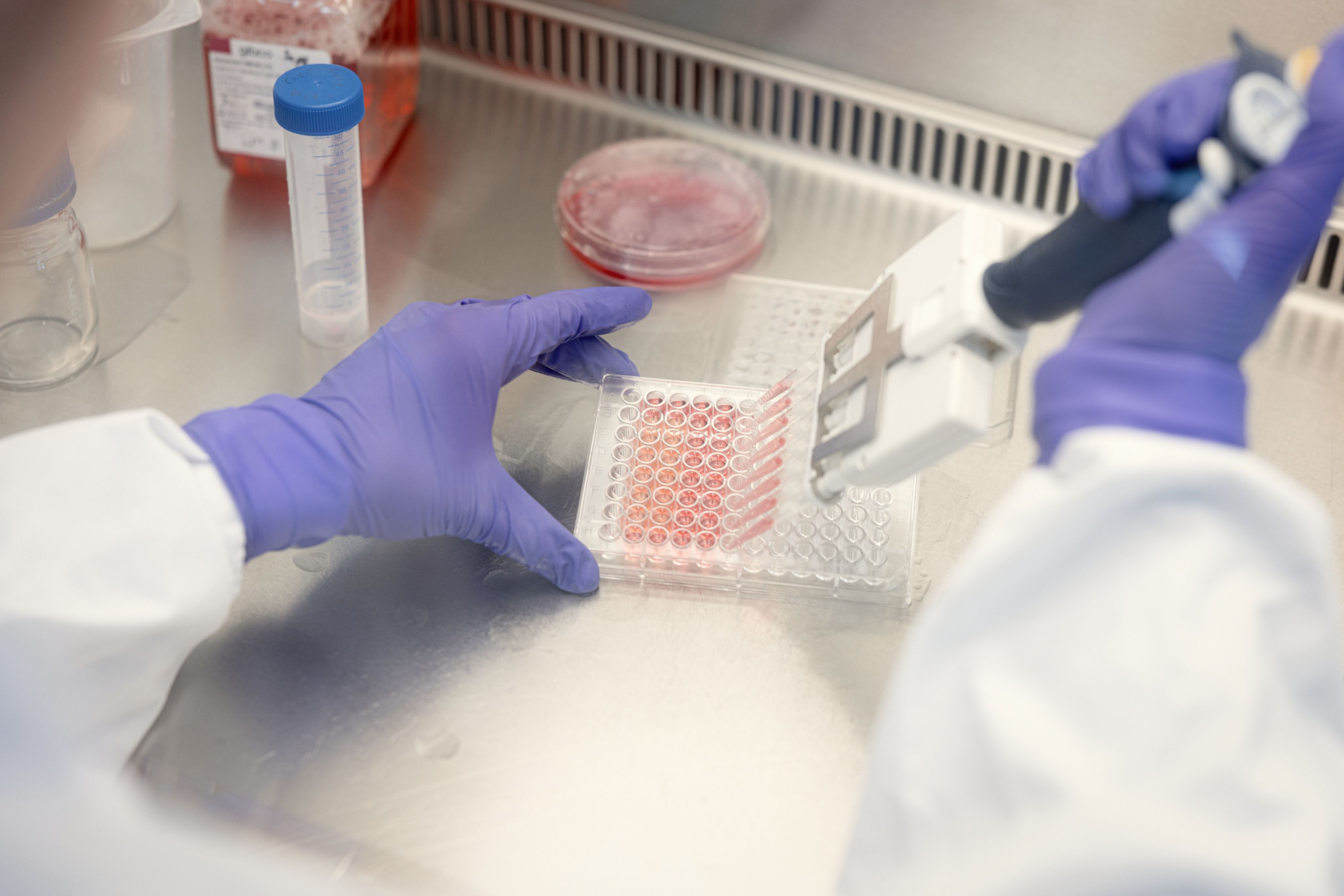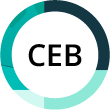Science, Hope, Progress
How one CEB professor and her team are shaping the fight against cancer

For Professor Ljiljana Fruk, finding a cure for cancer is deeply personal. The leader of the BioNano Engineering group at the Department of Chemical Engineering and Biotechnology (CEB) feels a ‘pressing need to find ways to deal with cancer’ and prevent others from going through experiences like hers.
This World Cancer Day, 4 February, the Croatian professor is hopeful, having recently had breakthroughs in research projects focused on early detection.
“I had cancer cases in my family and one of my best friends went through an intense and difficult leukaemia treatment.” Professor Fruk said. “Cancer impacts our lives regardless of whether we are patients or the family and friends of those patients.
“My main motivation comes from the pressing need to find ways to deal with cancer, to bring useful solutions to the patients and clinicians as soon as possible.”
Her team are making big strides in this announcing the successful development of a urine test for lung cancer in December 2024. The team will now pursue clinical validation of their technology to take the work one step closer to reaching patients around the world. This success follows within six months of the launch of the UK-wide Quantum Biomedical Sensing Research Hub designed to revolutionise early disease detection, which Prof Fruk's group is a part of.
“Being a chemist, I have always been interested in the chemistry that happens within our body and how this understanding can help us to come up with more personalised ways to treat patients,” Fruk added. “Cancer encompasses such a diverse range of diseases, and often if we diagnose it early we can treat it well.
“But, as every patient who had chemotherapy and radiotherapy will know, the fear of recurrence and metastasis persist, not to mention side effects of the treatments.”
This is what drove her to team up with Early Cancer Institute colleague Daniel Munoz Espin to work on new ways to detect cancer, leading to the simple stay-at-home urine test, as well as developing strategies to prevent secondary cancer or metastatic disease.
Their work develops techniques and innovations to improve patient health through all stages of treatment. Alongside work on early detection, the group also have research projects to progress new carriers for medicine to target tumours as well as improve the post-chemotherapy health of patients.
One of the new methods the team is working on at CEB is the development of drug nanocarriers. This technology, which relies on identifying the relevant biomarkers, could precisely target the delivery of medicines to affected cells.
Their work is not without its challenges, however. Funding is a constant challenge, as is convincing commercial entities to back their work, despite its potential to positively impact the lives of millions. Research is not a linear process either, with constant failed experiments and difficult setbacks the only guarantees.
“But the biggest challenge is that it is not fast enough,” Ljiljana said. “If we could, we would bring it to the patients tomorrow! There is such a need for solutions.
“And, of course, there are other challenges that every researcher will be familiar with: a string of failed experiments. Whenever you venture into a scientific unknown, failures become your loyal friend.”
Despite the challenges and the frustrations, Professor Fruk remains committed to seeing the benefits of her research reach patients in need and in continuing to lead – and be motivated – by her team of ‘excellent students’.
“Being one of the most highly ranked chemical engineering departments in the world, means that we attract excellent undergraduate and graduate students and early career researchers, who are in the heart of the high-quality research,” Ljiljana added. “And I am really motivated by my team of clever, enthusiastic and wonderful young scientists who share my passion”.
World Cancer Day is marked every year on 4 February, a moment to raise awareness of the devasting impact globally. The World Health Organisation estimates that there were 20 million new cancer cases worldwide in 2022, with almost 10 million people sadly losing their lives to cancer that year.
One in five of us will develop cancer in our lifetimes and approximately one in ten of us will die from the disease.
The research done by Professor Fruk and her team at CEB has the potential to save lives and improve outcomes for thousands around the world every year.
Read more:


